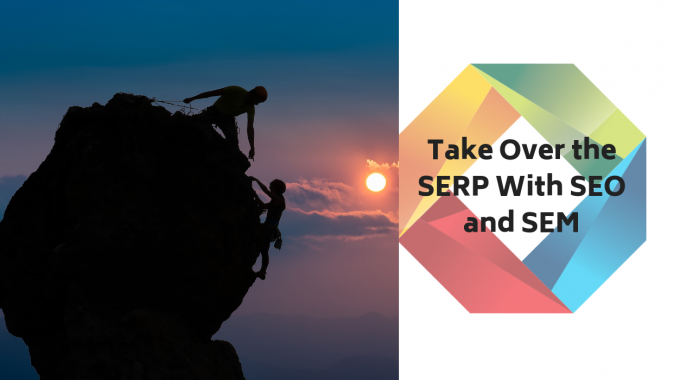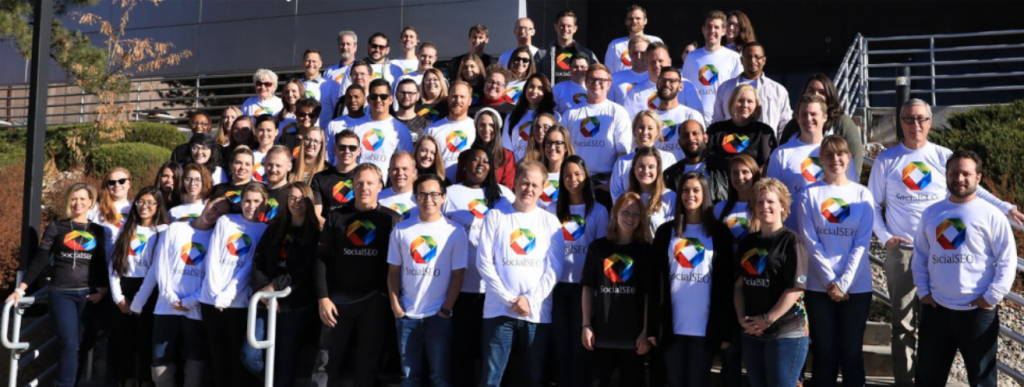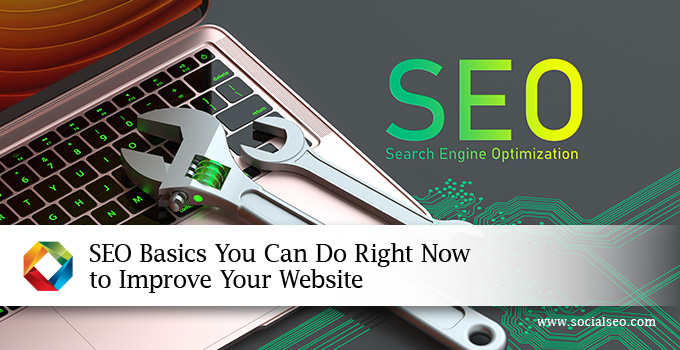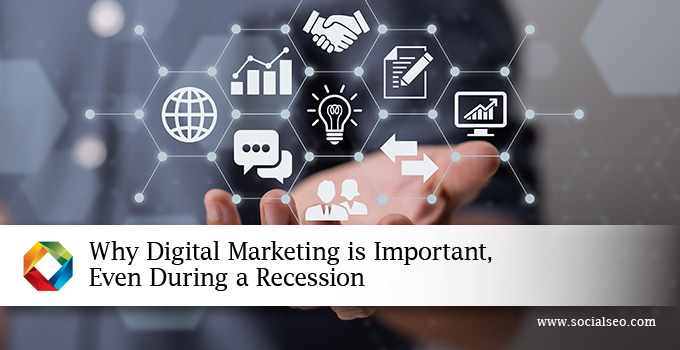If you have a website, whether it’s for informing potential clients and consumers about your…

Take Over the SERP With SEO and SEM
What SEO Brings to the PPC Table
A lot of companies at this point still have a team working on making their website ideal for ranking organically on search engines (SEO) and a team writing short, punchy ads that they pay to display above organic search rankings (PPC). Every update to the Google algorithm and other search engines has made this less and less of a good strategy.
For one thing, there is no reason to duplicate keyword research. If your SEO team has discovered valuable keywords that are shaping the content on the site, those keywords and their Search Engine Results Page (SERP) rankings are just as relevant to the PPC team. If the PPC team has discovered that the competition for certain keywords is too expensive to make PPC prudent, that is valuable information for the PPC team.
Your strategy for paid and organic search ranking shouldn’t be separated; here are some of the best ways to share the resources of these teams to create a unified strategy.
Helping SEO and PPC Work Together
 Create shared documents that are frequently updated about content and keyword strategy. Because rankings and prices for PPC change, consider letting SEO take the lead on the most expensive keywords while PPC strategically garners clicks for less cash by doing small, targeted campaigns to locate new potential markets. When PPC discovers a super-effective keyword for a good price, pass that information along to SEO: they can create content to rank for it.
Create shared documents that are frequently updated about content and keyword strategy. Because rankings and prices for PPC change, consider letting SEO take the lead on the most expensive keywords while PPC strategically garners clicks for less cash by doing small, targeted campaigns to locate new potential markets. When PPC discovers a super-effective keyword for a good price, pass that information along to SEO: they can create content to rank for it.- Don’t assume you only need one or the other (paid or organic) in a given search. The data shows that people find it more credible if your ads show up and then you rank number 1 right beneath those ads. It gives the impression that you’ve done your PPC homework, but you are also the undisputed authority on the keyword. Share information between teams to get to the point where every popular PPC keyword is also an SEO gold mine for your company.
- Assign your SEO analytics person to share knowledge and integrate takeaways with the PPC analytics person. The data you get from your website hosting software and from Google Ads are different parts of the knowledge pie, but when combined, can help chart a list of valuable next steps. When these two data sets are brought together, the teams can start working on a list of achievable next goals for both ads and content structure. For example, imagine that your website traffic reveals that your customers tend to show up right at 7:30 pm on your site; the ad team can experiment with an ultra-targeted ad scheduling window that aims to take advantage of this anomaly. On the other hand, if your highest ROI keyword for PPC is something tangential to your current blogging strategy, come up with a post that will allow you to be a thought leader on that topic, relating it back to your actual product.
- Everyone benefits when landing pages are effective: mobilize both teams to do serious analysis about what influences the bounce rate on both organic and paid search, and make the changes needed to draw in and retain those customers. Most likely, this is a place where you could easily be duplicating your efforts, creating separate landing pages for paid search and for organic rankings, and that simply doesn’t have to be the case.
If you are serious about streamlining your SERP domination by actively ranking for the right PPC keywords while drawing in organic search with your content architecture, get the SocialSEO team on your side. Contact us today to get started on your personalized SEO & SEM strategy.



